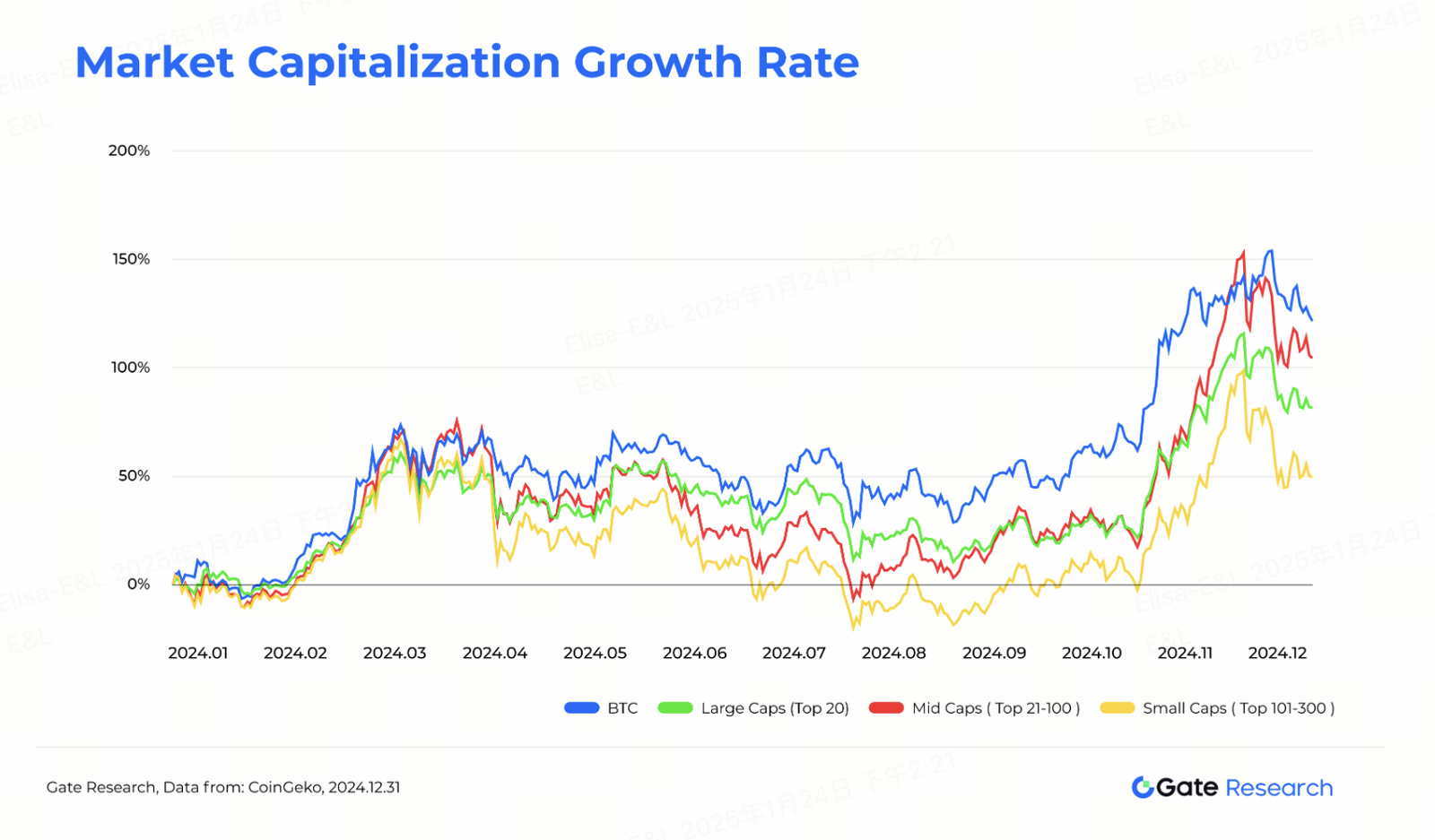Bitcoin and Taxes: Everything You Need to Know

Learn about Bitcoin taxation, including how Bitcoin transactions are taxed, reporting requirements, and tips for staying compliant with tax laws.
Bitcoin and Taxes: Everything You Need to Know
As Bitcoin and other cryptocurrencies gain mainstream adoption, understanding the tax implications of your transactions is crucial. Whether you’re buying, selling, or mining Bitcoin, you need to be aware of how these activities are taxed. In this article, we’ll cover everything you need to know about Bitcoin and taxes, including reporting requirements, tax rates, and tips for staying compliant.
Is Bitcoin Taxable?
Yes, Bitcoin is taxable in most countries. Tax authorities treat Bitcoin and other cryptocurrencies as property or assets rather than traditional currency. This means that any transaction involving Bitcoin may trigger a taxable event.
Common Taxable Events for Bitcoin
Here are some common Bitcoin transactions that may be subject to taxation:
- Selling Bitcoin for Fiat Currency: When you sell Bitcoin for cash (e.g., USD, EUR), you may incur capital gains tax.
- Trading Bitcoin for Another Cryptocurrency: Exchanging Bitcoin for another cryptocurrency (e.g., Ethereum) is considered a taxable event.
- Using Bitcoin to Purchase Goods or Services: Spending Bitcoin is treated as a sale, and you may owe taxes on any gains.
- Mining Bitcoin: Income from mining Bitcoin is taxable as ordinary income.
- Receiving Bitcoin as Payment: If you receive Bitcoin as payment for goods or services, it is considered taxable income.
How is Bitcoin Taxed?
The way Bitcoin is taxed depends on the nature of the transaction and your country’s tax laws. Here are the most common types of taxes that apply to Bitcoin:
1. Capital Gains Tax
Capital gains tax applies when you sell Bitcoin for a profit. The tax rate depends on how long you held the Bitcoin before selling it:
- Short-Term Capital Gains: If you held the Bitcoin for less than a year, it is taxed at your ordinary income tax rate.
- Long-Term Capital Gains: If you held the Bitcoin for more than a year, it is taxed at a lower rate (varies by country).
2. Income Tax
Income tax applies to Bitcoin received as payment for goods, services, or mining rewards. The value of the Bitcoin at the time of receipt is considered taxable income.
3. Sales Tax
In some jurisdictions, using Bitcoin to purchase goods or services may also be subject to sales tax.
Reporting Bitcoin Transactions
To stay compliant with tax laws, you must report all taxable Bitcoin transactions. Here’s what you need to do:
- Keep Detailed Records: Maintain records of all your Bitcoin transactions, including dates, amounts, and values in your local currency.
- Calculate Gains and Losses: Determine the cost basis (purchase price) and the sale price for each transaction to calculate your gains or losses.
- File the Appropriate Forms: Depending on your country, you may need to file specific forms to report cryptocurrency transactions. For example, in the U.S., you may need to use Form 8949 and Schedule D.
Tips for Managing Bitcoin Taxes
- Use Crypto Tax Software: Tools like CoinTracker, Koinly, and CryptoTrader.Tax can help you track your transactions and calculate taxes.
- Consult a Tax Professional: If you’re unsure about your tax obligations, consult a tax professional who specializes in cryptocurrency.
- Stay Updated on Regulations: Cryptocurrency tax laws are constantly evolving, so stay informed about changes in your country.
- Report Accurately: Failing to report Bitcoin transactions can result in penalties or audits, so ensure your reporting is accurate and complete.
Bitcoin Tax Regulations by Country
Tax regulations for Bitcoin vary by country. Here’s a brief overview:
- United States: The IRS treats Bitcoin as property, subject to capital gains tax and income tax.
- United Kingdom: HMRC treats Bitcoin as an asset, subject to capital gains tax and income tax.
- Australia: The ATO treats Bitcoin as a taxable asset, subject to capital gains tax and income tax.
- European Union: Tax treatment varies by country, but most EU countries treat Bitcoin as an asset subject to capital gains tax.
Conclusion
Understanding Bitcoin taxation is essential for staying compliant with tax laws and avoiding penalties. By keeping detailed records, using crypto tax software, and consulting a tax professional, you can navigate the complexities of Bitcoin taxes with confidence.










